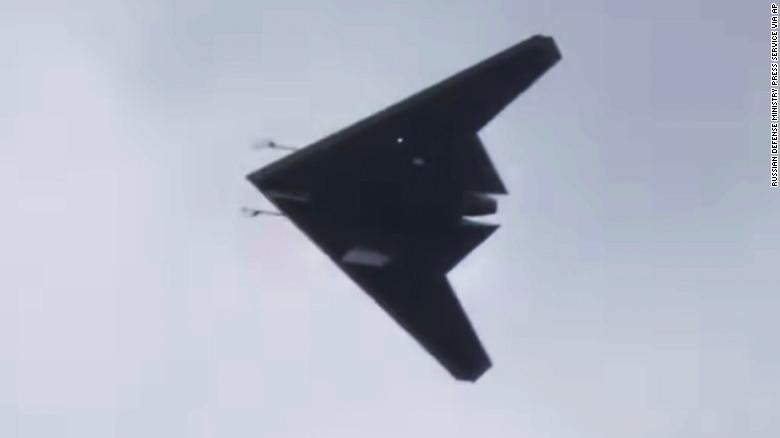a significant development, a Russian suicide drone has struck Southern Moldova, sparking concerns over escalating tensions in the region. Moldovan authorities confirmed the attack, highlighting the repeated incursions by Russian missiles and drones into neighboring territories since the onset of Russia’s invasion of Ukraine. The incident underscores the volatile nature of the conflict and raises questions about Russia’s intentions in targeting regions beyond Ukraine’s borders.
Uncertainty Surrounds Drone Attack: Accident or Intentional Act?
The recent drone attack in Southern Moldova has prompted speculation regarding its nature – whether it was an intentional strike or another unfortunate accident attributable to Russian military operations. Despite the lack of clarity, the attack signals a breach of territorial sovereignty and poses a threat to regional stability. Moldovan authorities are closely monitoring the situation while awaiting further clarification from Russian and Ukrainian sources.
Geopolitical Implications of the Drone Attack
The attack’s location, near Ukraine’s border and strategic ports, underscores its geopolitical significance. Previous drone strikes targeted areas crucial for Ukraine’s maritime operations, raising concerns about Russia’s intentions to disrupt regional trade and security. The incident amplifies tensions and underscores the urgent need for diplomatic dialogue and concerted international efforts to de-escalate the situation.
Ukrainian Defense Forces’ Response to Drone Threat
In response to the escalating drone threat, Ukrainian defense forces have deployed advanced air defense systems to neutralize hostile drones. A recent video surfaced showing Ukrainian forces successfully intercepting a Russian kamikaze drone using a new air defense system. The development highlights Ukraine’s efforts to enhance its defensive capabilities and counter Russian aggression effectively.
Estonia’s Defensive Posture Amid Uncertainty
Estonia remains vigilant in the face of escalating tensions, refusing to alter its defensive plans despite assurances from Russian President Putin regarding non-aggression towards NATO countries. The decision reflects Estonia’s commitment to safeguarding its sovereignty and preempting potential security threats along its border with Russia. Heightened military readiness underscores the prevailing uncertainty and the need for proactive defense measures.
Expanding Recruitment of Mercenaries by Russia
Reports indicate that Russia has recruited thousands of mercenaries, including 15,000 Nepali nationals, to bolster its military presence in Ukraine. The influx of foreign fighters underscores Russia’s aggressive tactics and disregard for international norms. The recruitment drive intensifies concerns about the conflict’s broader implications and the potential for further destabilization in the region.
U.S. Senate Advances Foreign Aid Package for Ukraine
In a positive development for Ukraine, the U.S. Senate has passed a procedural vote to advance a $95 billion foreign aid package. The aid package includes support for Ukraine, Israel, the UK, and Taiwan, demonstrating bipartisan commitment to bolstering international security and stability. While final passage awaits, the Senate’s decisive action signals solidarity with allies and a commitment to countering Russian aggression.
Call for Diplomatic Solutions Amid Escalating Tensions
As tensions escalate in the region, calls for diplomatic solutions and international cooperation grow louder. The drone attack in Moldova underscores the urgent need for dialogue and de-escalation measures to prevent further violence and instability. With the situation in Ukraine evolving rapidly, diplomatic engagement and multilateral efforts remain critical in resolving the conflict and restoring peace to the region.
